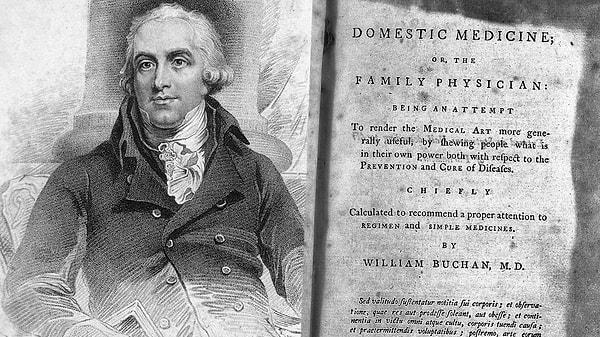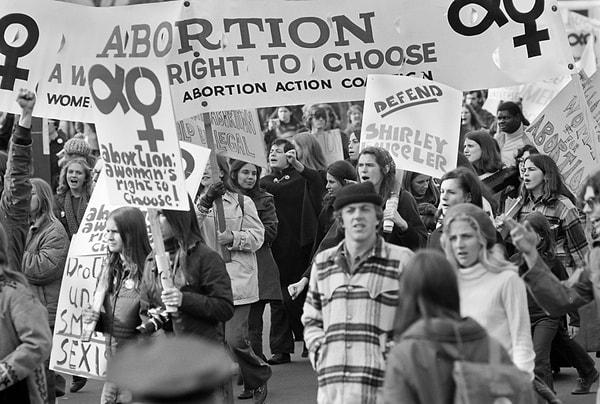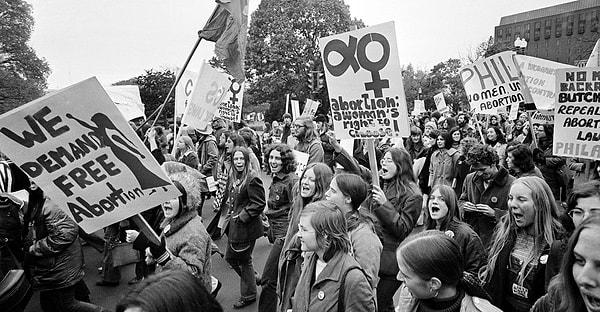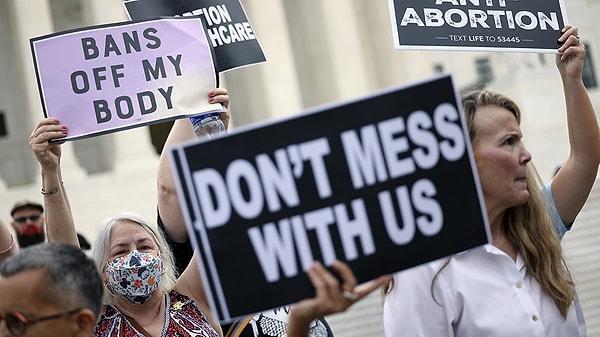The Evolution of Abortion Rights: From Controversy to Legal Recognition
Abortion has been a topic of extensive debate throughout history. In the pre-modern political landscape, religion often served as a fundamental governing system, and many religions deemed abortion as one of the gravest sins. However, with the progression of societies, individuals increasingly rejected a lifestyle tethered to religious beliefs, opting instead for an independent existence. This shift contributed to the normalization of abortion globally, or at least in the Western world during the 19th century. Explore the unfolding narrative of the first abortion laws and the resurgence of rights in our continued discussion.👇
The Birth of the First Abortion Law and the Rebirth of Rights in 1821 Connecticut

In 1821, Connecticut marked a historic moment by adopting a law imposing penalties on those providing drugs leading to abortion for women. This legislation, recognized as the world's first to outlaw abortion, originated from the actions of a Connecticut clergyman who seduced numerous women for personal gain. The controversy unfolded when Ammi Rogers, an Episcopal priest, was accused in 1818 of impregnating Asenath Smith, an unmarried young woman, and subsequently providing her with a substance inducing abortion due to his troubled relationships with women.
The Alleged 1821 Abortion Law in the United States and Ammi Rogers' Trial

The purported first abortion-related law in the United States was claimed to be established in 1821, coinciding with Ammi Rogers' trial in Connecticut. The Ammi Rogers case marked the beginning of a process where formal law was used to restrict social, religious, and sexual autonomy. Following Rogers' case, legal restrictions on abortion began to expand nationwide. The increasing emphasis on individual sexual autonomy, access to abortion services and information, appeared to be a driving force behind many abortion regulations. In essence, the fundamental reason for numerous abortion restrictions seemed to stem from fears related to sexuality and prohibited substances.
Health Issues and Legal Scandals of Abortion in 19th Century America

Despite health problems arising from poorly administered abortion drugs leading to significant health issues, if not the birth of children, in some cases during the 19th century, a major legal scandal surrounding abortion procedures and illicitly sold drugs unfolded in the United States. While various issues were encountered regarding abortion during the 19th century, the large-scale legal scandal in the United States sparked a significant debate on how to halt illegal procedures and drugs sold on the black market. Interestingly, a similar ideology was applicable to the 1821 law passed in Connecticut, as it applied only within one state, prompting a simple solution of seeking abortion services in neighboring states. However, this law could be employed in the broader legal struggle over abortion across America.
Arizona's 1912 Law: An Unexpected Utilization to Ban Abortion

The law banning abortion in Arizona was enacted more than a decade before the state became official in 1912. Part of a series of laws known as the 'Howell Laws,' this legislation stated that anyone providing abortion services would be 'imprisoned in the state penitentiary for not less than two nor more than five years unless necessary to preserve the person's life.'
Roe v. Wade: A Defining Turning Point in American Abortion Laws

Another crucial law shaping abortion regulations in the United States from the 18th to the 21st century is the Roe v. Wade decision. In this landmark ruling, the U.S. Supreme Court declared that the United States Constitution granted the right to abortion. On January 22, 1973, women in the United States gained the right to abortion. While the first abortion law remains contentious, it marked one of the initial steps in attempting to curtail or restrict an individual's control over their own body.
Keşfet ile ziyaret ettiğin tüm kategorileri tek akışta gör!


Send Comment